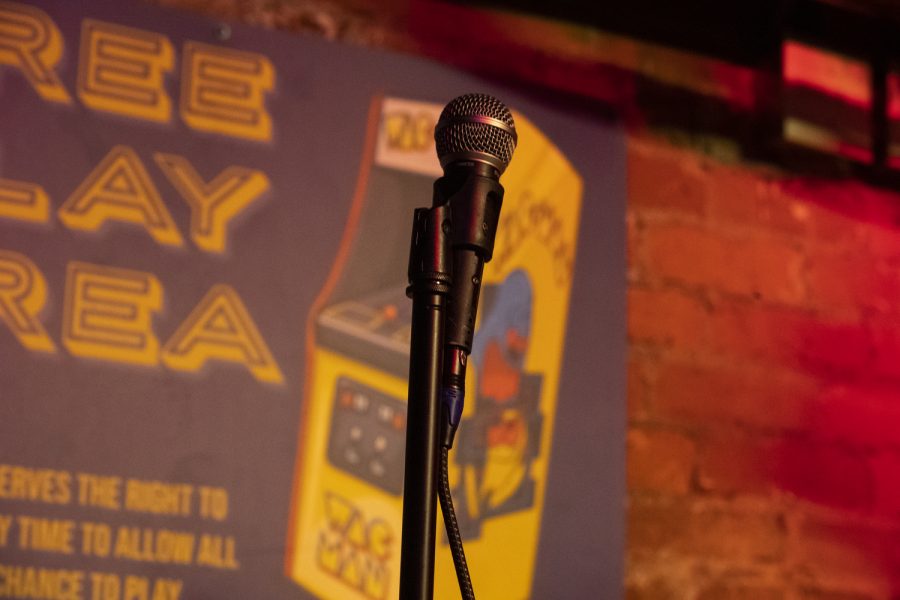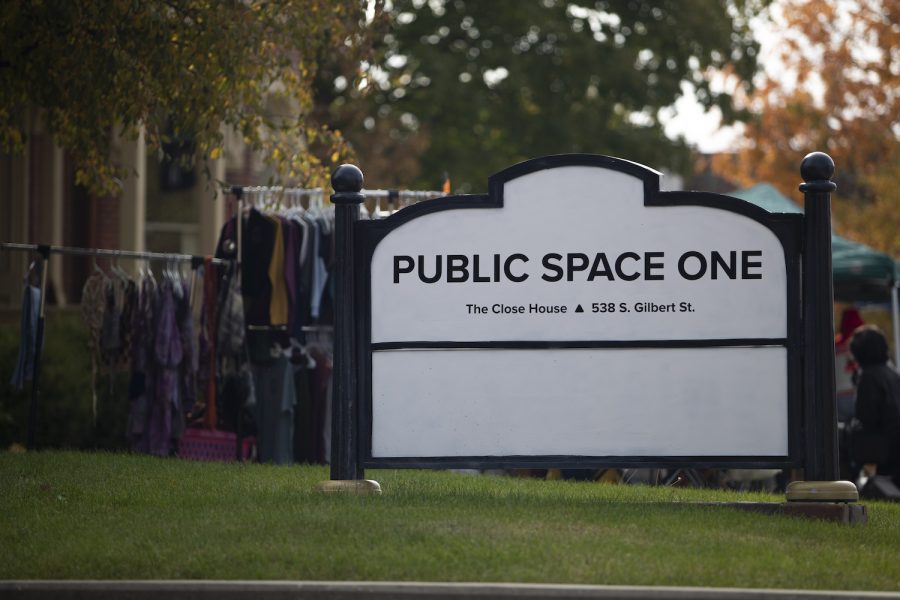
A $2 bill is the home to Thomas Jefferson’s face for many. But for Bill Sackter, it was his lucky piece.
The bill remained in Sackter’s pocket, wrinkled and nearly transparent, for more than 40 years, but there came a time when he felt a friend was in more need of its luck.
Barry Morrow, the longtime caregiver for Sackter and screenwriter of Rain Man, was given the bill before moving to California to pursue a film career.
He remembered Sackter telling him, “If you’re going to Hollywood, you’re going to need this more than me.”
To this day, Morrow still carries the $2 bill around with him in his wallet.
This extraordinary friendship changed the lives of both these men. But the real story began in 1972, just one year after Morrow graduated from college.
Tale of friendship
Every morning, Morrow picked up wife Bev from her shift at Minikahda Country Club in Minneapolis.
For months, he would see the face of an older man starring at him from the second story of the building. The man would always wave.
Morrow finally met the man from the window at the country club’s Christmas party.
“I remember he was there wearing a Beatles wig and when he saw me coming toward him, he smiled a great smile, took off his wig, and said to me, ‘Hey Buddy, my name is Bill,’ ” Morrow said.
From that moment on, Morrow included Sackter in his daily life whether that was running errands around town or letting him play harmonica with his band.
During this time, Morrow started to learn more about Sackter’s life. He found out that at 7 years old, Sackter was sent to Faribault State Institution in Minnesota because he showed signs of developmental delay in school.
He remained institutionalized for 44 years until testing showed he would be perfect for community placement.
Sackter was considered one of the “lucky ones” upon receiving his job washing dishes at the country club. And despite his hardships, he always had a positive outlook on life.
“It could be 20 degrees below and snowing in Minnesota, but [Sackter] still thought it was a beautiful day,” Morrow said.
In 1975, Morrow was offered a job to work as the multimedia specialist in the School of Social Work at the University of Iowa. But unfortunately, he would have to leave Sackter behind.
Six months after being in Iowa, Morrow received a phone call that Sackter was in the hospital and in need of a leg amputation.
When he heard Sackter would be put back into an institution after the procedure, Morrow acted on impulse and decided the best thing was to bring him to Iowa.
With the help of Tom Walz, the director of the School of Social Work at the time, Sackter became “the little man who made coffee and played the harmonica.”
“He was such a metaphor of what you want human beings to be,” Walz said. “He was absolutely without violence, he loved life, and we wished that was true to all people.”
Soon, everyone came to know Sackter, and eventually Wild Bill’s coffee shop was created.
Mercedes Bern-Klug, the head of the board for the Extend a Dream Foundation, remembers going into the coffee shop as a student whenever she felt stressed.
“One cup of coffee later, I felt really relaxed and like a new person,” she said. “He was like a one-man oasis, and he reminded you that you just needed to stop and smell the coffee.”
Sackter’s success did not end with the coffee shop.
Fame
One day, Morrow was prompted to write Sackter’s tale, and Walz encouraged him to turn the piece into a documentary.
“He had a rather widespread impact on this community,” Walz said. “So we just said let’s try to find a way to share this beyond Iowa City to provide inspiration for other people with disabilities.”
So Morrow stood in front of the UI Foundation to present his idea.
The presentation went so smoothly that he was contacted by CBS to create the story of Bill and Barry, which would run as a CBS TV movie special during the Christmas season.
Bill hit the airwaves in 1981 and starred Mickey Rooney as Bill and a young Dennis Quaid as Barry.
Soon after, Bill: On His Own was broadcast in 1983, and the world was finally able to see the rest of Sackter’s story.
Sackter died in his sleep on June 16, 1983. That day, the American flag on top of Old Capitol flew at half-staff.
Centennial celebration
Now, 30 years after Sackter’s death, Iowans celebrate the mark he left on this city.
Tom Gilsenan, the director of Uptown Bill’s Coffee Shop, said the celebration is going to be simple, yet wonderful, and will allow people to reminisce.
“It’s amazing to me how a person like [Sackter] can still be such an important influence in our community and beyond,” Gilsenan said. “It shows the power of his spirit and what a legacy he is.”
“Bill Sackter Day,” officially declared as April 13, will mark the 100th birthday of this extraordinary man.
In preparation for Saturday, there have been events all week.
One in particular was the screening of Lane Wyrick’s documentary A Friend Indeed, which premièred in Hancher in 2008.
The film, which will now be featured on Iowa Public Television and is available on DVD, is “unfinished business” for Wyrick, who said he wants to make sure this story gets out to the world.
“[The film] makes you care for Bill in a way that you don’t just get from reading in a book,” Wyrick said. “It’s showing how people being compassionate toward one another is the key to making our society work, and it’s something that we need to reintroduce many times and keep thinking about as an individual.”
One thing for certain is Sackter will celebrate in spirit on Saturday as the community plays in a symphony of harmonicas in dedication to a man who changed the way people with disabilities are seen in society.
“Bill Sackter is much bigger than the little man who made coffee,” Morrow said. “He represented an ideal that all of us can be happy if we reach for it.”
Thursday, April 11
What: Coffee Crawl
What: Music with Hadaccah
Friday, April 12
What: Barry Morrow public discussion
What: Stories about Bill with Barry and Bev Morrow
Saturday, April 13
What: Birthday Celebration






